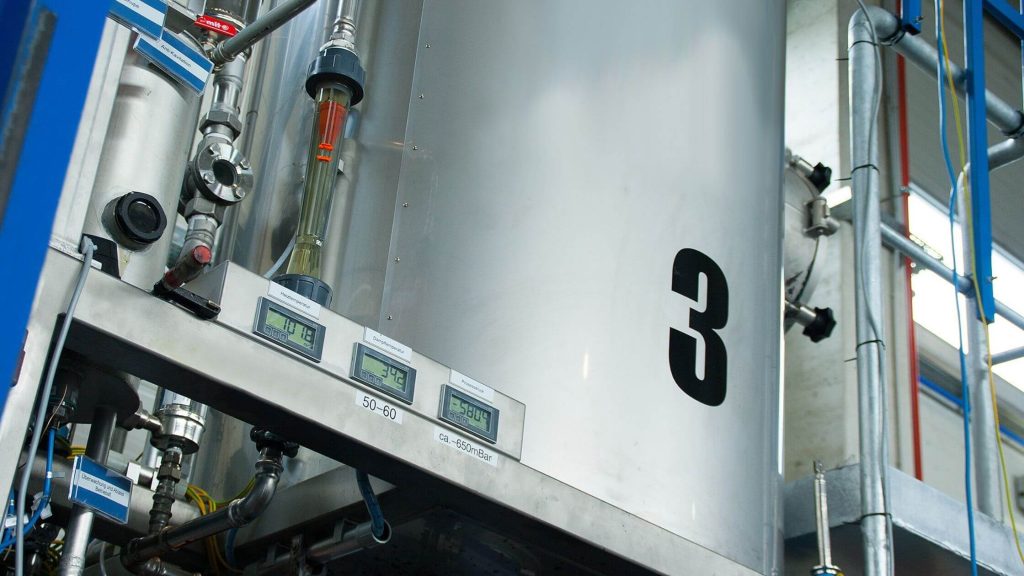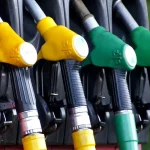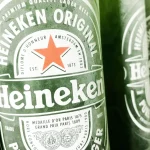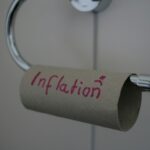Premifab cofounder Igor Podravac said the company used hazardous waste to make a solvent and that it was totally CO2 neutral, without any harmful emissions.
In Croatia, the company mostly covers the pharmaceutical and automobile industries as well as the production of food packaging. It generates 35% of its revenue in the region, cooperating with the car industries of Serbia and Slovenia, the Slovenian pharmaceutical industry, and several companies in Italy and Bosnia and Herzegovina.
Ćorić said the company was a good example of the circular economy Croatia needed, notably in the processing of hazardous as well as other types of waste.
He said 1,600 tonnes of solvent waste from various companies arrived in Premifab every year, where it was processed so that 95% was returned to senders in the form of a solvent that could be reused.
“In this way, Premifab participates in Croatia’s waste management system in the best possible way,” he said, adding that it also reduces the import of solvent waste.
Premifab will next invest HRK 80 million in a new, much bigger plant in Ivanić Grad, Ćorić said, adding that it is the only company in Croatia regenerating solvent waste.
He went on to say that incentives for electric cars could be increased this year and that he was sorry the transfer to a circular economy and renewables was not more dynamic in the years when it could be done without major shocks.
Ćorić is confident the energy crisis will cement the orientation to green energy in Croatia and elsewhere in the EU in the long term, and that incentives will be increased next year for including renewables in industrial production as well as among private clients.











